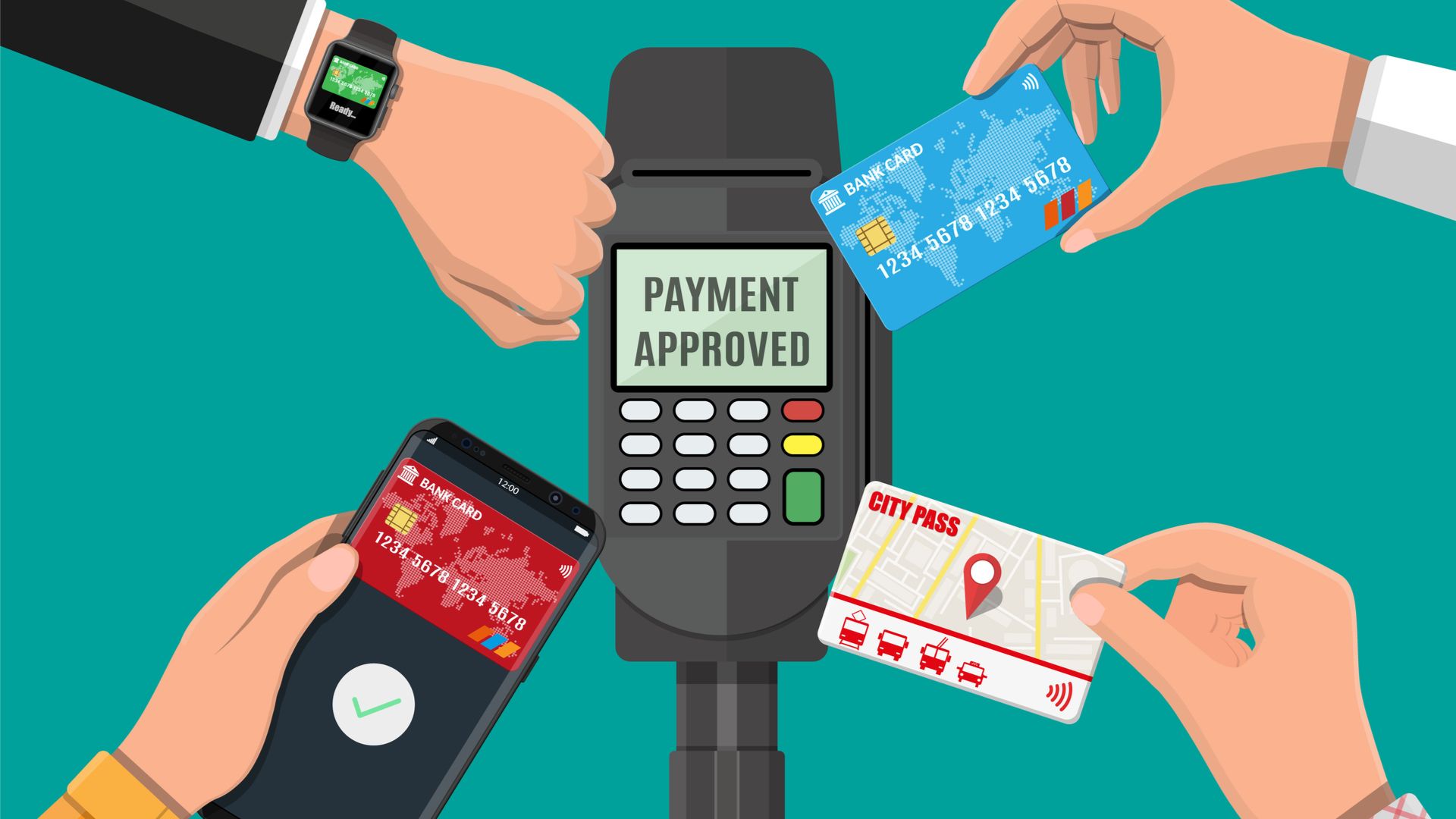Small businesses need agile solutions to stay competitive. Payment platforms have emerged as one of the most influential tools for small businesses, helping them streamline transactions, build customer trust, and scale effectively. Eric Hannelius, CEO of Pepper Pay, emphasizes the transformative role these platforms play, stating: “Adopting the right payment technology is about efficiency and about creating opportunities for growth and resilience in an evolving market.”
Simplifying Transactions
Small businesses thrive on convenience for both their customers and themselves. Payment platforms offer a seamless experience, allowing customers to pay through various methods such as credit cards, mobile wallets, and even cryptocurrency. This flexibility enhances customer satisfaction and ensures businesses don’t miss out on sales due to limited payment options.
Eric Hannelius highlights the importance of customer-centricity in payment systems: “When small businesses prioritize diverse and secure payment methods, they’re sending a message that they value their customers’ convenience and trust.”

Expanding Market Reach
With payment platforms supporting online transactions, small businesses are no longer confined to local markets. E-commerce solutions integrated with payment gateways enable small enterprises to tap into global markets. This is particularly beneficial for niche businesses with products that appeal to international audiences.
“Global accessibility is one of the greatest benefits payment platforms bring to small businesses,” Eric Hannelius notes. “With the right tools, even the smallest shop can serve customers halfway around the world.”
Building Customer Loyalty

Transparent and secure payment processes foster trust and loyalty. Many platforms now offer features such as recurring billing, customer rewards programs, and data-driven insights to help businesses better understand their clients. These tools allow small businesses to develop personalized experiences, strengthening their relationships with customers.
Optimizing Cash Flow
Managing cash flow is a challenge for small businesses, especially in their early stages. Payment platforms often come with features like instant transfers, detailed financial reporting, and integrated invoicing systems. These capabilities help small business owners maintain better control over their finances and make informed decisions.
“Cash flow is the lifeblood of any business,” says Eric Hannelius. “Payment platforms that provide real-time insights and efficient transfer processes can be game-changers for small enterprises.”

Adapting to Future Trends
As consumer preferences shift toward digital-first experiences, small businesses that adopt modern payment platforms are better positioned to adapt. From contactless payments to the rise of blockchain technology, staying ahead in the payment landscape equips businesses to remain relevant in an increasingly digital economy.
Payment platforms are more than operational tools. They are strategic assets for small business growth. By enabling seamless transactions, expanding market opportunities, fostering customer loyalty, and providing valuable insights, these platforms empower small businesses to compete effectively and thrive in a dynamic economic landscape.
Eric Hannelius summarizes it well: “The integration of a robust payment platform isn’t just a smart move. It is an essential step for any small business looking to grow. The right technology doesn’t just keep you in the game. It gives you an edge.”
For small business owners, understanding and leveraging the full potential of payment platforms can unlock opportunities and pave the way for long-term success.











